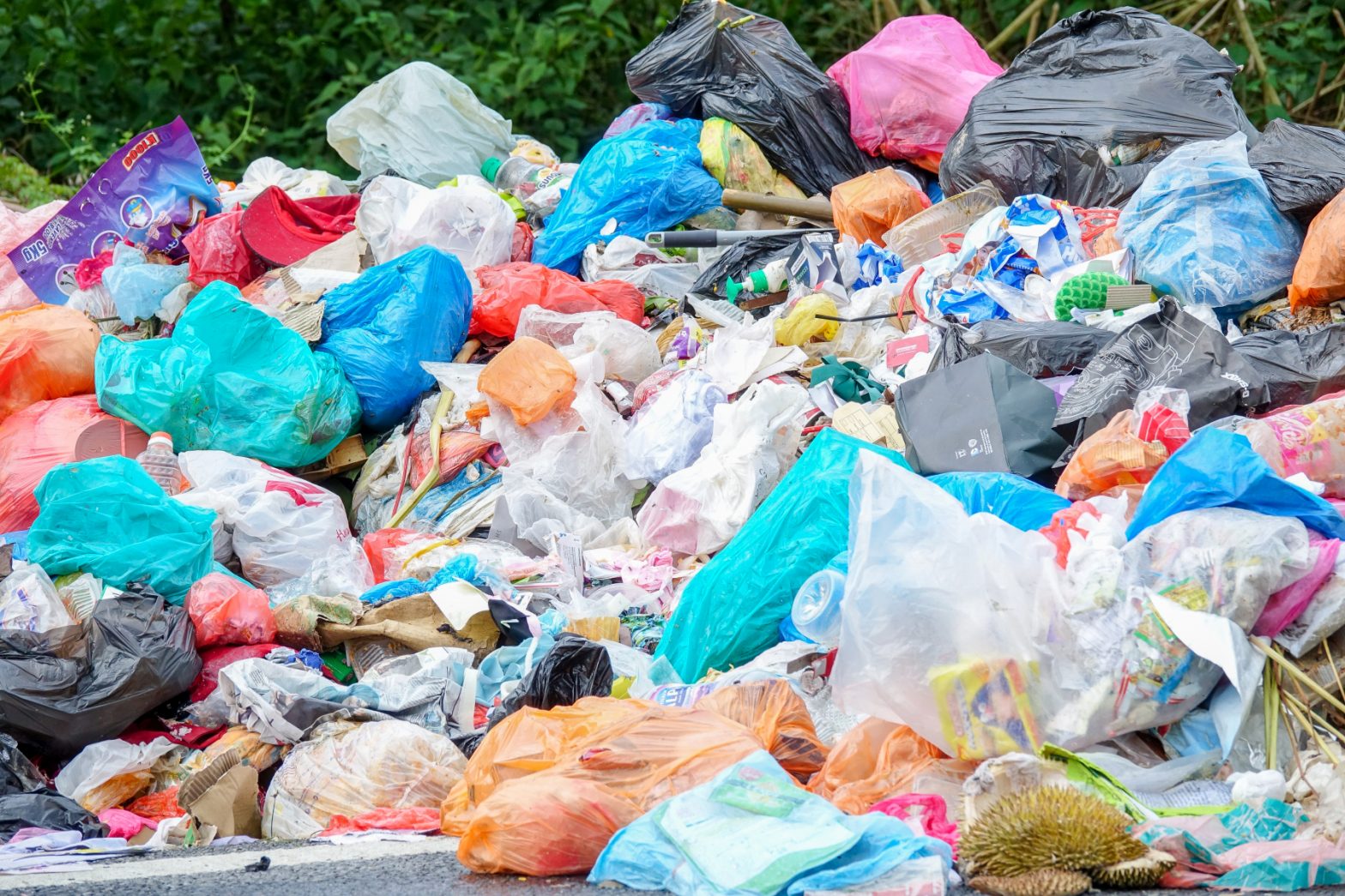Recycling is the repurposing of waste material into meaningful purpose instead of sending it to landfills as waste or to incinerators. Recycling is a noble cause that helps to conserve the environment in many ways, and above all, it is cost-efficient. This is regardless of whether you are recycling at a personal/domestic level, or it is large scale recycling.
Save for the DIY recycling projects, recycling on an industrial scale has to meet three thresholds. These are the three stages of recycling, as discussed below.
Collection
Unless you are recycling a single item, the first stage in large scale recycling is the collection and processing stage. Here, the material waste is collected from the community using kerbside collections, junk collection services, and dedicated drop off centres. After that, the materials are sorted depending on the type of project at hand. Once the amount of waste is enough, it is moved to the respective plants ready for manufacturing.
Grading and Manufacturing
The waste material is taken to the respective recycling plants where it is graded and prepared for recycling. The recycling process varies depending on what is being recycled. But the idea is to use as little resources as possible to come up with entirely new products. It’s imperative to note that in today’s world, a lot of products are manufactured from recycled waste, and these include newspapers, steel products, plastic, and so on.
varies depending on what is being recycled. But the idea is to use as little resources as possible to come up with entirely new products. It’s imperative to note that in today’s world, a lot of products are manufactured from recycled waste, and these include newspapers, steel products, plastic, and so on.
Sale of Recycled Products
The goal of recycling is to come up with final recycled material products for sale. Here, it is important to note that recycled products take different forms. There are products made from 100% recycled materials. In contrast, others are just parts of an entire product, or the products are partly made from recycled material. When shopping, it’s a great idea to buy recycled products to be part of the change.
Recycling is an efficient and cost-effective waste management method. But then there have been criticisms regarding the energy used in material flow and remanufacturing, as well as the poor working conditions witnessed in most recycling plants. But at the end of the day, the benefits outweigh the shortcomings of the process. Without recycling, the plastic problem will explode, our emissions will increase, and worse still, we will deplete our resources.

